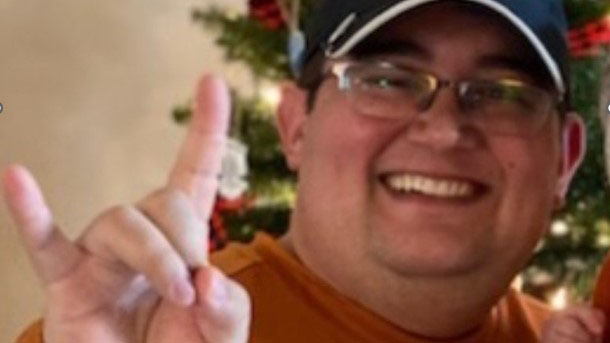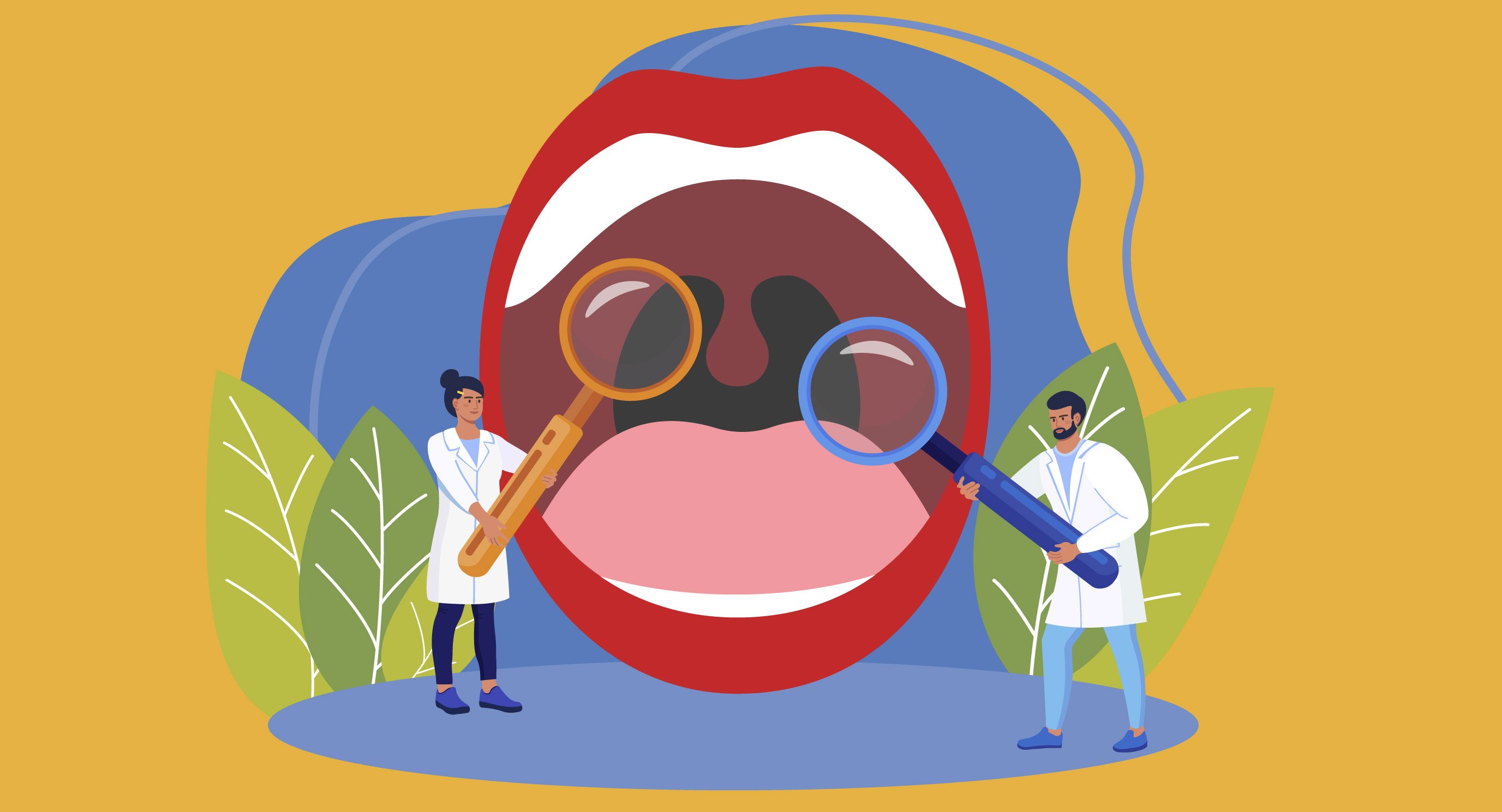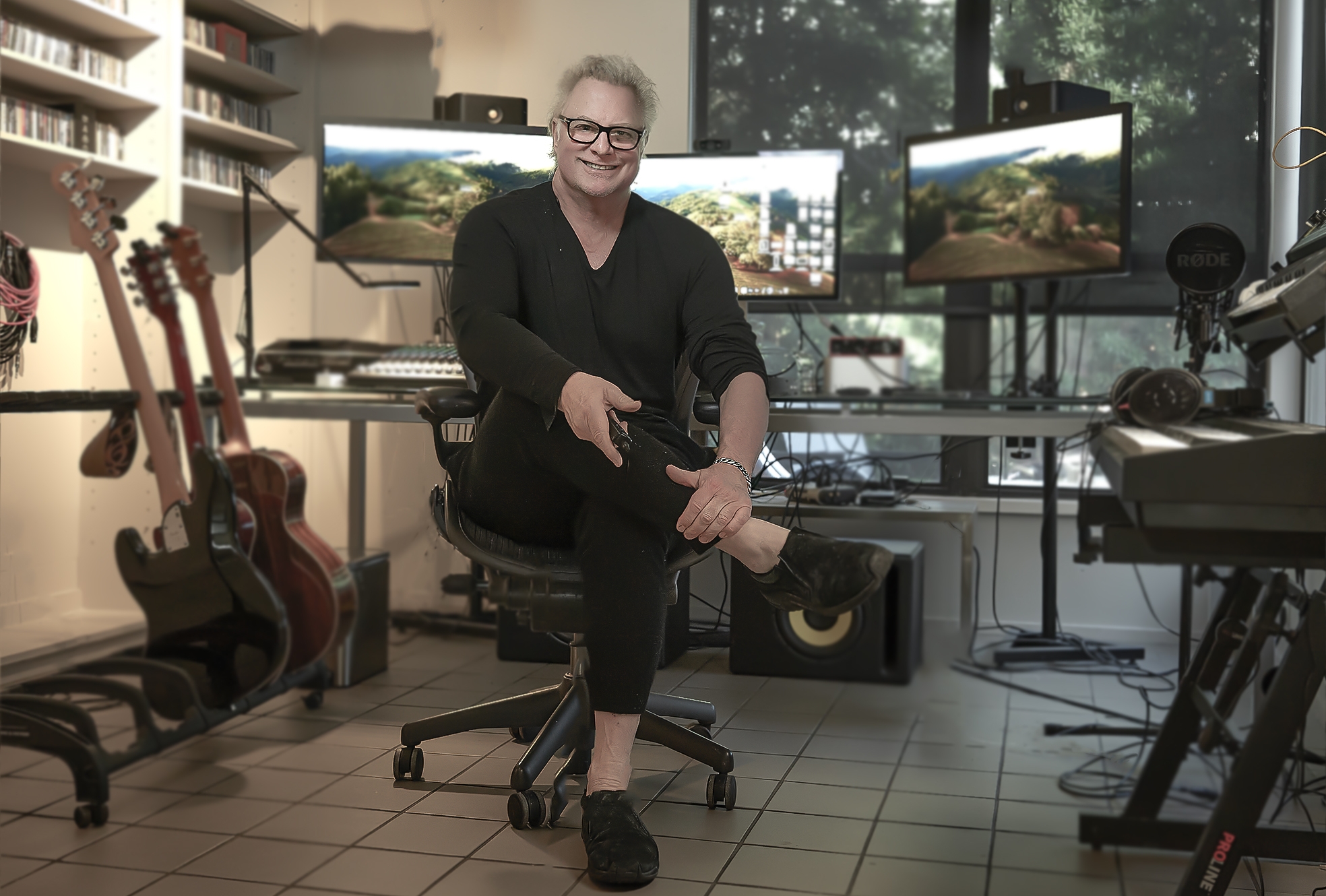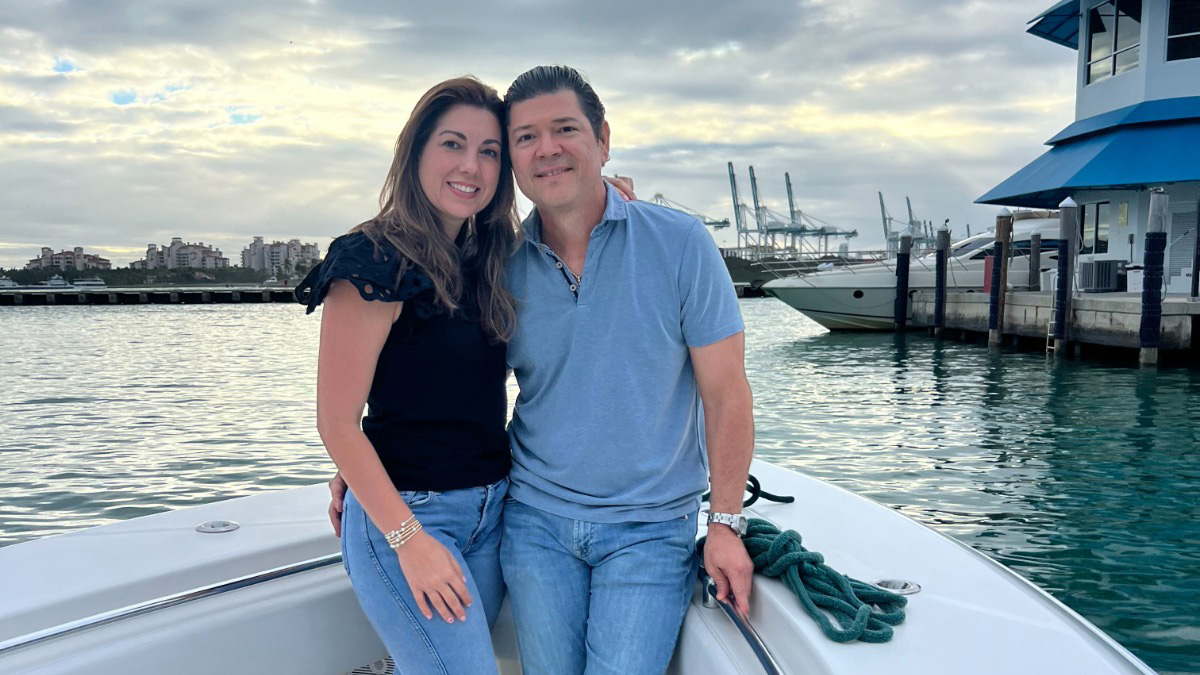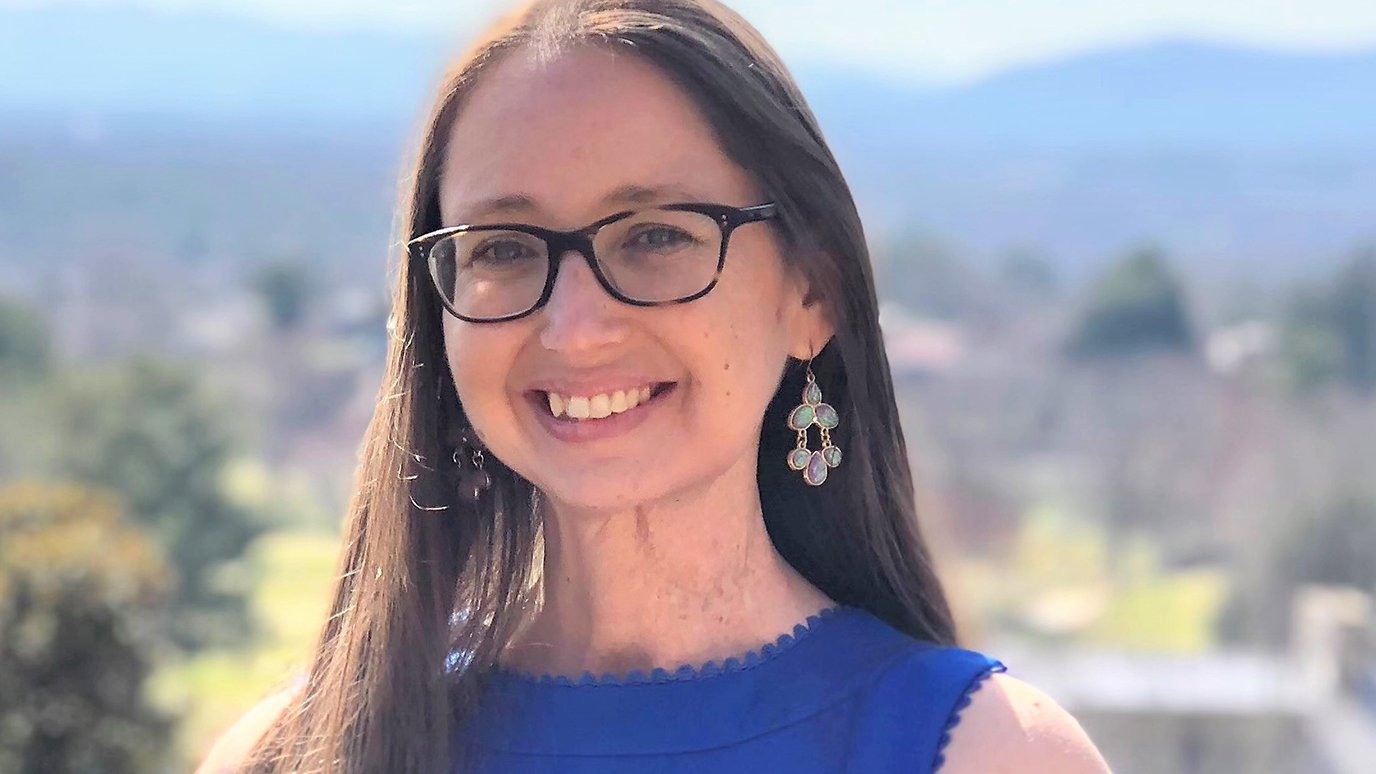- Diseases
- Acoustic Neuroma (14)
- Adrenal Gland Tumor (24)
- Anal Cancer (66)
- Anemia (2)
- Appendix Cancer (16)
- Bile Duct Cancer (28)
- Bladder Cancer (68)
- Brain Metastases (28)
- Brain Tumor (228)
- Breast Cancer (710)
- Breast Implant-Associated Anaplastic Large Cell Lymphoma (2)
- Cancer of Unknown Primary (4)
- Carcinoid Tumor (8)
- Cervical Cancer (154)
- Colon Cancer (164)
- Colorectal Cancer (108)
- Endocrine Tumor (4)
- Esophageal Cancer (42)
- Eye Cancer (36)
- Fallopian Tube Cancer (6)
- Germ Cell Tumor (4)
- Gestational Trophoblastic Disease (2)
- Head and Neck Cancer (4)
- Kidney Cancer (124)
- Leukemia (344)
- Liver Cancer (50)
- Lung Cancer (288)
- Lymphoma (284)
- Mesothelioma (14)
- Metastasis (30)
- Multiple Myeloma (98)
- Myelodysplastic Syndrome (60)
- Myeloproliferative Neoplasm (4)
- Neuroendocrine Tumors (16)
- Oral Cancer (98)
- Ovarian Cancer (172)
- Pancreatic Cancer (166)
- Parathyroid Disease (2)
- Penile Cancer (14)
- Pituitary Tumor (6)
- Prostate Cancer (144)
- Rectal Cancer (58)
- Renal Medullary Carcinoma (6)
- Salivary Gland Cancer (14)
- Sarcoma (234)
- Skin Cancer (294)
- Skull Base Tumors (54)
- Spinal Tumor (12)
- Stomach Cancer (60)
- Testicular Cancer (28)
- Throat Cancer (90)
- Thymoma (6)
- Thyroid Cancer (98)
- Tonsil Cancer (30)
- Uterine Cancer (78)
- Vaginal Cancer (14)
- Vulvar Cancer (18)
- Cancer Topic
- Adolescent and Young Adult Cancer Issues (20)
- Advance Care Planning (10)
- Biostatistics (2)
- Blood Donation (18)
- Bone Health (8)
- COVID-19 (362)
- Cancer Recurrence (120)
- Childhood Cancer Issues (120)
- Clinical Trials (620)
- Complementary Integrative Medicine (22)
- Cytogenetics (2)
- DNA Methylation (4)
- Diagnosis (224)
- Epigenetics (6)
- Fertility (62)
- Follow-up Guidelines (2)
- Health Disparities (14)
- Hereditary Cancer Syndromes (122)
- Immunology (18)
- Li-Fraumeni Syndrome (8)
- Mental Health (116)
- Molecular Diagnostics (8)
- Pain Management (64)
- Palliative Care (8)
- Pathology (10)
- Physical Therapy (18)
- Pregnancy (18)
- Prevention (876)
- Research (384)
- Second Opinion (74)
- Sexuality (16)
- Side Effects (596)
- Sleep Disorders (10)
- Stem Cell Transplantation Cellular Therapy (216)
- Support (404)
- Survivorship (324)
- Symptoms (182)
- Treatment (1762)
Embracing life after adenoid cystic carcinoma
3 minute read | Published December 08, 2015
Medically Reviewed | Last reviewed by an MD Anderson Cancer Center medical professional on December 08, 2015
I am not normal. Shocking, but true! From the outside, all indications dictate otherwise. I look like the typical, suburban mom with thick hair and smooth, clear skin that's not half-bad for a 46 year old. While most women my age might achieve this from a med spa laser peel, mine came from treatment that required insurance approval and 33 days of being bolted down to a proton radiation machine.
You see, my "normal" changed dramatically on May 2, 2013. Up until that point, I felt healthy and was active. I spent fun weekends on the lake, tackled mud runs and hiked through trails. I was normal (whatever that is) and in control.
Then, I received the call: I had stage IV adenoid cystic carcinoma in my sinus cavity. I can't even get a normal cancer. The inoperable tumor was the size of a large plum. That diagnosis hijacked my normal and changed me forever. At that moment, I gave up control and handed it over to my Savior. Life was no longer about anything other than surviving. Normal had to wait.
My adenoid cystic carcinoma treatment
Fate led me to MD Anderson through an unbelievable series of events that required no effort on my part. When I first met with Ehab Hanna, M.D., he knew that Steven Frank, M.D., at MD Anderson's Proton Therapy Center was my only hope for a life with any sense of normal -- or any life at all. Dr. Frank told me that we were going to win and that my cancer was going to lose with the help of proton therapy and chemotherapy.
He was right. After six rounds of chemotherapy and 33 rounds of proton therapy, I now show no evidence of disease. A short two-and-half years after my treatment, here I am with a life full of hope, a heart full of joy and skin like a baby's butt. But tumor free does not mean normal. I wear a prosthetic to fill the huge hole in my head where the tumor used to be. I can barely open my mouth. Food sometimes drips out of my nose (gross, right?). I can't leave the house without a tissue. I get frustrated easily. My short-term memory isn't as good as it used to be. I've lost some brain cells. I will forget your name (chemo brain is real!). I can't do eighth-grade math (but who really cares?). I have double vision at times. I can't smell (which isn't always bad!). Not to mention the pain. I know you see me from the outside and think I'm normal again. But remember I've been changed. There is a new normal.
Finding inspiration in my new normal
Recently, while watching the news, I saw an MD Anderson commercial. Person after person in the ad talked back to cancer, explaining what it has taken from them, how it's changed their "normal." It took someone's hair, someone's mother, someone's grandmother.
Then, there he was, Dr. Frank, repeating those same words he proclaimed on my first visit, but this time to the world: "You're going to lose, cancer."
I don't believe it was a coincidence that I first saw this MD Anderson commercial on the exact date of my 2.5-year survivor mark. It was validation. I'm living proof that cancer can lose.
While cancer took a lot from me, I've gained much more -- a new life and purpose to share my journey. I want to be so much more than just "normal." Normal was good, but this is better.
Cathleen McBurney writes about her experience with cancer on her blog, cathleenmcburney.blogspot.com.
Related Cancerwise Stories

While cancer took a lot from me, I've gained much more -- a new life and purpose to share my journey.
Cathleen McBurney
Survivor

